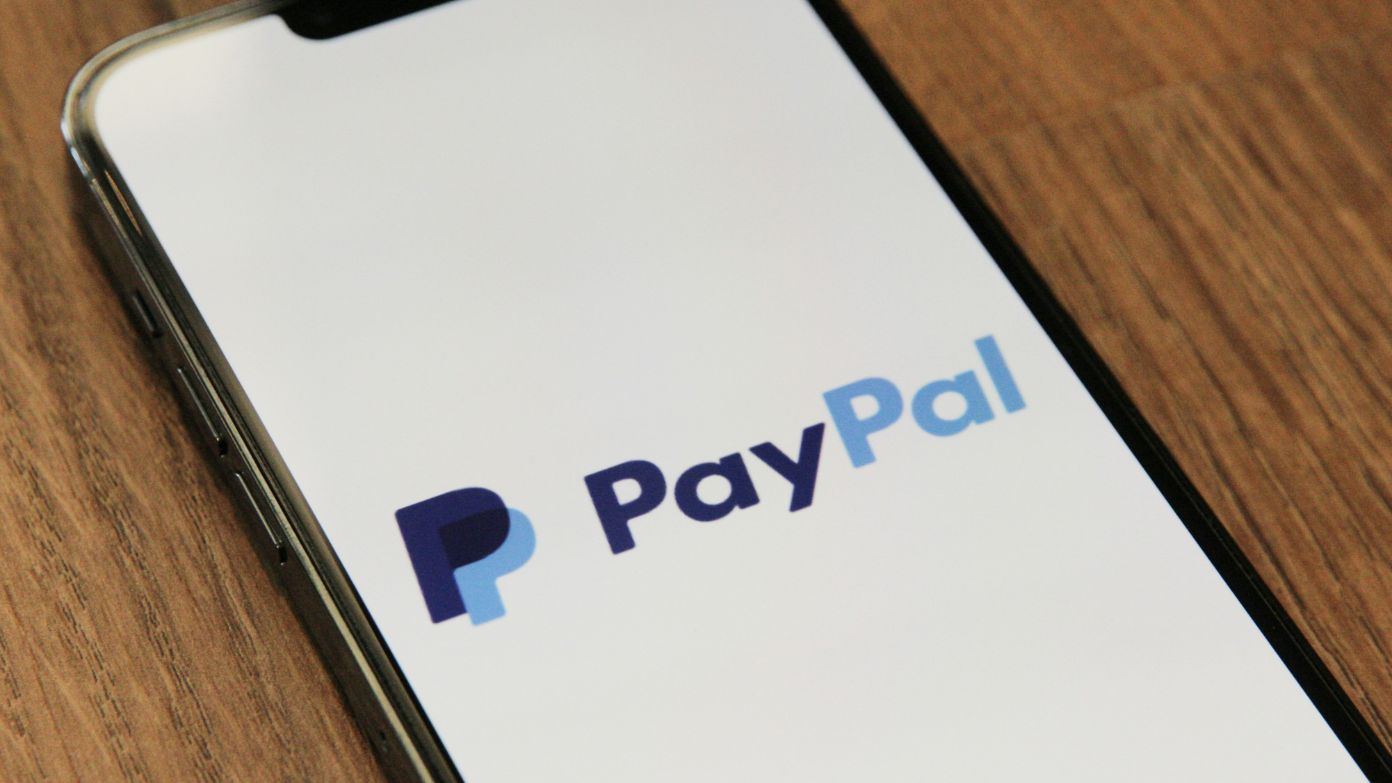PayPal just made a move that could change the way you pay for things online. Starting now, small businesses in the U.S. that use PayPal’s online payment platform can start accepting more than 100 different cryptocurrencies.
Yes, you read that right—over 100. This includes popular names like Bitcoin and Ethereum, but also lesser-known ones like Trump’s memecoin and even Fartcoin.
So what does this really mean for you? Let’s break it down.
What is PayPal’s new crypto payment feature?
If you are a small business owner in the U.S., you can now accept cryptocurrency as payment through PayPal’s online checkout system. This feature is designed especially for smaller merchants, not big corporations.
- Over 100 cryptocurrencies supported
- Available now to all U.S. businesses using PayPal for online payments
- Includes both popular and novelty crypto coins
Basically, instead of just choosing to pay with your card, you—or your customers—can now use crypto right from a digital wallet.
How does the crypto payment process work?
If you are probably wondering how a business owner will be paid when a customer chooses to use crypto. Here is a breakdown of how this payment method works:
- The buyer connects a crypto wallet to the checkout page.
- PayPal converts the crypto into U.S. dollars using a crypto exchange like Coinbase or Uniswap.
- PayPal uses its own stablecoin, PYUSD, as a middle step.
- The U.S. dollars are sent to the seller, just like a regular payment
So in the end, the merchant gets dollars—not crypto—while the buyer pays with digital currency. Pretty smooth, right?
Why is this good news for small businesses?
For smaller U.S. businesses, this move opens up a whole new world of customers—especially international buyers who prefer using crypto.
Frank Keller, an executive at PayPal, said, “There’s a worldview where you can imagine that the world is moving on chain… I think we will see movement.”
That movement could mean more sales and easier payments. Plus, the fees are lower than what credit cards usually charge.
- PayPal crypto fee: 0.99% for the first year (then 1.5%)
- Average credit card fee: 1.57% in 2024 (according to Nilson Report)
So merchants can save money while gaining more flexibility.
Can regular people use this too?
Right now, this feature is just for U.S.-based merchants using PayPal online. But if you are a buyer and you have crypto in your wallet, you can start using it for purchases right away.
Imagine you are buying a handmade item from Oklahoma while sitting at home in Guatemala. You can now use crypto to pay for it directly. That is exactly the example PayPal CEO Alex Chriss gave.
“Using PayPal’s open platform, the business can accept crypto for payments,” he said in a statement.
Is PayPal going all in on crypto?
Not long ago, during the 2022 crypto downturn, PayPal backed off its crypto push. But that is changing fast. In 2023, PayPal launched its own stablecoin, PYUSD. By 2025, its market cap has grown by 70% to about $850 million, according to CoinGecko and in September, it allowed businesses to buy and sell crypto from their merchant accounts
And now, they are letting small businesses accept crypto from customers.
The company says it also plans to expand this feature to larger companies and even more countries, though no timeline has been shared yet.
What does this mean for the future of cash and card payments?
This does not mean cash and cards are going away anytime soon. But PayPal’s move shows that crypto is becoming more of a mainstream option—not just a niche thing.
Whether you are a shopper or a business owner, it is good to know that more options are now available to you. And with lower fees, international access, and quicker digital settlements, crypto payments might be something you use sooner than you think.

